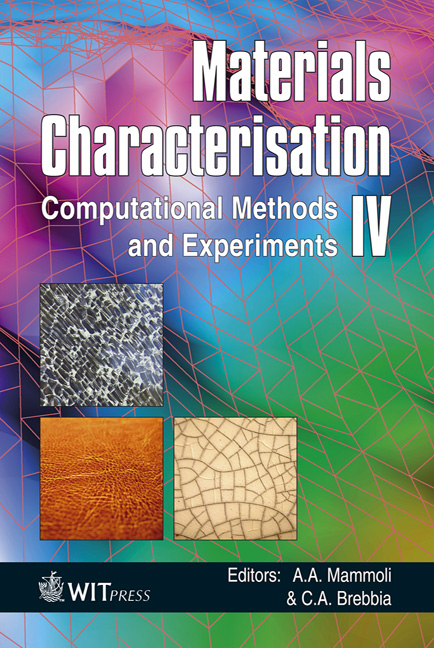Cement-based Composites For Structural Use
Price
Free (open access)
Transaction
Volume
64
Pages
10
Page Range
429 - 438
Published
2009
Size
1,028 kb
Paper DOI
10.2495/MC090401
Copyright
WIT Press
Author(s)
G. Moriconi
Abstract
Reactive Powder Concrete (RPC), with compressive strength higher than 200 and up to 800 MPa as well as flexural strength higher than 60 and up to 150 MPa, at the moment potentially represents a new material for structural use in building and engineering in general, even though its application fields have not yet been well defined. RPC can be also considered as the ultimate step in the development of high performance concrete, even though its classification as a concrete material may be not quite proper, based on its microstructure and mechanical behaviour. Also, its production technology for higher performance, by pressure moulding as well as extrusion, takes it even further from a common concrete. The wide range of achievable strengths for RPC requires careful design of the material, strictly related to the structural design and appropriate to the specific project, with maximum cooperation between materials engineering and structural engineering. For this, RPC can be used at best by developing new shapes and structural types specially designed for it. In this paper potential application of RPC for structural elements is exploited and discussed in comparison with other materials typically used for structural application, with an eye to sustainability. Keywords: cement-based composite, reactive powder concrete, structural use.
Keywords
cement-based composite, reactive powder concrete, structural use





